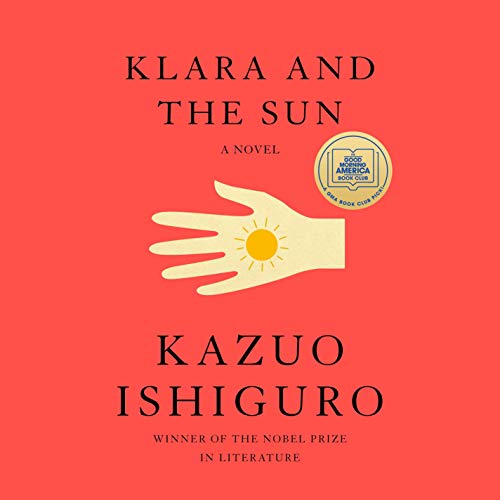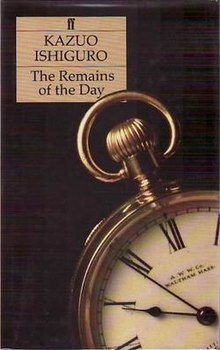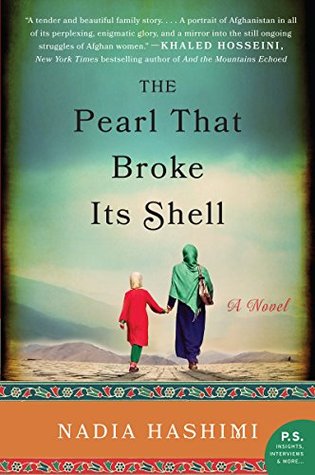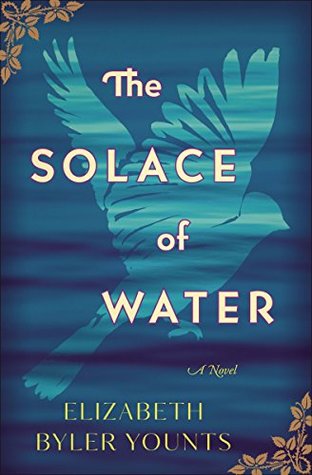
C.S. Lewis died on the same day that President John F. Kennedy was shot, so the news of his death was overshadowed, at least in the U.S.
Yet I owe my faith to this prolific faith-filled author. Years after Lewis’ Mere Christianity was published, I can credit that book with allowing me to step out of smug intellectual agnosticism and stoop into the humble love of Jesus. Literally.
I was seeing a counselor. She had given me several books to read, and being a good patient (and a librarian) I had read them all and we had had many good discussions on them. Then she told me I should read Mere Christianity. Uhm…Maybe, I said, uninterested. I’d been on the opposite side of Christians trying to convert me for most of my forty-eight years, and I didn’t want to be part of their group.
Then one morning I was the first one at the public library where I worked. I flipped on the lights and stepped into the office and there on the floor was a copy of Mere Christianity. It had fallen from the desk of the employee who was responsible for readying books for the shelves. Her desk was always piled with books; I would never have noticed it if it hadn’t been on the floor right in front of my foot.

Reluctantly I bent down and picked it up. I was still standing there looking at it when Jean walked through the door. It was her desk; I held up the book. “I’m supposed to read this book,” I said, “and it fell off your desk right in front of me.” She grinned. “Well just let me paste the pocket in it, and you can be the first one to check it out,” she said. True to her word, she handed it to me that day before she left.
In the next week, as I read through Lewis’ apologetic masterpiece, I was stunned by his way with words, his thought processes, his genius. By the time I had finished it, he had gently rid me of all my prejudices, my fears, my hesitations about Jesus. Two weeks later, I purchased my first Bible to read it and see for myself. In the following years, I read avidly other books by Lewis–everything from his fiction to his collected letters to his philosophically dense tomes.
So, yes, I have quite a few quotes. Allow me to share some. And please, if you have a favorite that isn’t here, share it with me in your comments.
Quotes from Mere Christianity:
You must make your choice. Either this man was, and is, the Son of God: or else a madman or something worse. You can shut Him up for a fool, you can spit at Him and kill Him as a demon; or you can fall at His feet and call Him Lord and God. But let us not come with any patronising nonsense about His being a great human teacher. He has not left that open to us. He did not intend to.
Nobody can always have devout feelings; and even if we could, feelings are not what God principally cares about.

If you think you are not conceited, it means you are very conceited indeed.
…this year, or this month, or, more likely, this very day, we have failed to practise ourselves the kind of behaviour we expect from other people.

Consequently atheism turns out to be too simple. If the whole universe has no meaning, we should never have found out that it has no meaning…
An individual Christian may see fit to give up all sorts of things for special reasons–marriage, or meat, or beer, or the cinema; but the moment he starts saying that those things are bad in themselves, or looking down his nose at other people who do use them, he has taken the wrong turning.
Every one says forgiveness is a lovely idea, until they have something to forgive…
The instrument through which you see God is your whole self. And if a man’s self is not kept clean and bright, his glimpse of God will be blurred…
I am afraid the only $afe rule is to give more than we can $pare. If our giving habits do not at all pinch or hamper us, I should say they are too $mall.
Quotes from The Screwtape Letters:
When He talks of their losing their selves, He only means abandoning the clamour of self-will; once they have done that, He really gives them back all their personality, and boasts (I am afraid, sincerely) that when they are wholly His they will be more themselves than ever.

Quotes from The Chronicles of Narnia:
But some day you will be old enough to start reading fairytales again. The Lion, the Witch and the Wardrobe
Now the trouble about trying to make yourself stupider than you really are is that you very often succeed. The Magician’s Nephew
A dozen different things that he might say flashed through Digory’s mind, but he had the sense to say nothing except the exact truth. The Magician’s Nephew
“You come of the Lord Adam and the Lady Eve,” said Aslan. “And that is both honor enough to erect the head of the poorest beggar, and shame enough to bow the shoulders of the greatest emperor on earth. Be content.” Prince Caspian
He had not yet learned that if you do one good deed your reward usually is to be set to do another and harder and better one. The Horse and His Boy

Most of us, I suppose, have a secret country, but for most of us it is only an imaginary country. The Voyage of the Dawn Treader
Even in your world, my son, that is not what a star is, but only what it is made of. The Voyage of the Dawn Treader
Quotes from The Collected Letters of C.S. Lewis:
I have been feeling that very much lately: that cheerful insecurity is what Our Lord asks of us. Thus one comes, late and surprised, to the simplest and earliest Christian lessons!
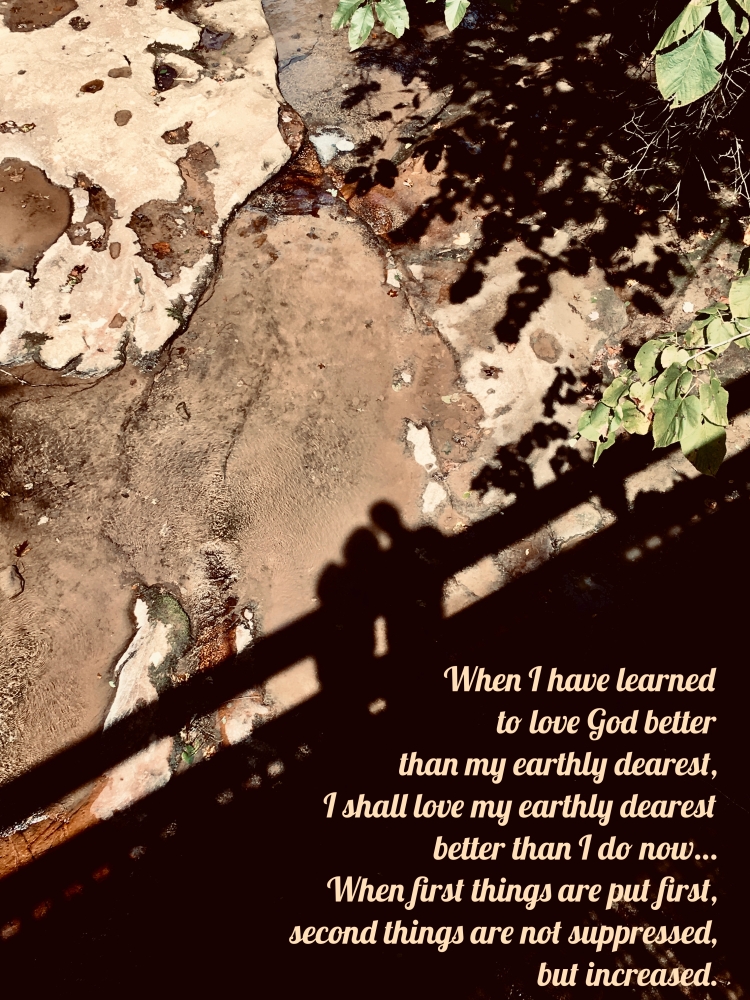
The great thing, if one can, is to stop regarding all the unpleasant things as interruptions of one’s ‘own’, or ‘real’ life. The truth is of course that what one calls the interruptions are precisely one’s real life–the life God is sending one day by day: what one calls one’s ‘real life’ is a phantom of one’s own imagination.
Quotes from The Weight of Glory:

For it is not so much of our time and so much of our attention that God demands; it is not even all our time and all our attention; it is ourselves.
We do not want merely to see beauty, though, God knows, even that is bounty enough. We want something else which can hardly be put into words–to be united with the beauty we see, to pass into it, to receive it into ourselves, to bathe in it, to become part of it.
These things—the beauty, the memory of our own past—are good images of what we really desire; but if they are mistaken for the thing itself they turn into dumb idols, breaking the hearts of their worshippers. For they are not the thing itself; they are only the scent of a flower we have not found, the echo of a tune we have not heard, news from a country we have never yet visited.

…all of our natural activities will be accepted, if they are offered to God, even the humblest, and all of them, even the noblest, will be sinful if they are not.
Quotes from Yours, Jack: Spiritual Direction from C.S. Lewis:
As to wishing it had not happened, one can’t help momentary wishes: guilt begins only when one embraces them. You can’t help their knocking at the door, but one mustn’t ask them into lunch.
Don’t worry if your heart won’t respond; do the best you can. You are certainly under the guidance of the Holy Ghost, or you wouldn’t have come to where you now are: and the love that matters is His for you–yours for Him may at present exist only in the form of obedience. He will see to the rest.
Quotes from Letters to Malcolm: Chiefly on Prayer:
Don’t bother much about your feelings. When they are humble, loving, brave, give thanks for them; when they are conceited, selfish, cowardly ask to have them altered. In neither case are they you, but only a thing that happens to you. What matters is your intentions and your behavior.

But the very last thing I want to do is to unsettle in the mind of any Christian, whatever his denomination, the concepts — for him traditional — by which he finds it profitable to represent to himself what is happening when he receives the bread and wine. I could wish that no definitions had ever been felt to be necessary; and, still more, that none had been allowed to make divisions between churches.
We say that we believe God to be omniscient; yet a great deal of prayer seems to consist of giving Him information.
Quotes from Surprised by Joy:
The hardness of God is kinder than the softness of men, and His compulsion is our liberation.
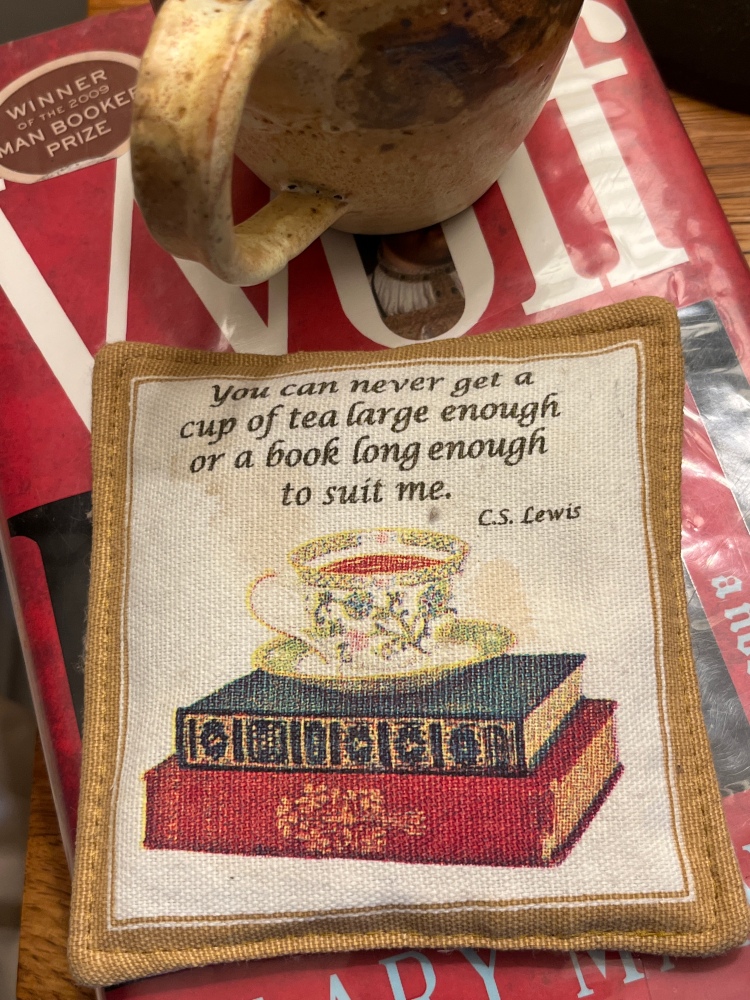
So today, I am saying thank you to a saint who went before. Thank you Mr. Lewis, for your words, your faith, your intellect, your humor, your letters, your humility. I think you have brought many thousands to a new faith, to a deeper faith, to Jesus. And we all are thankful.
